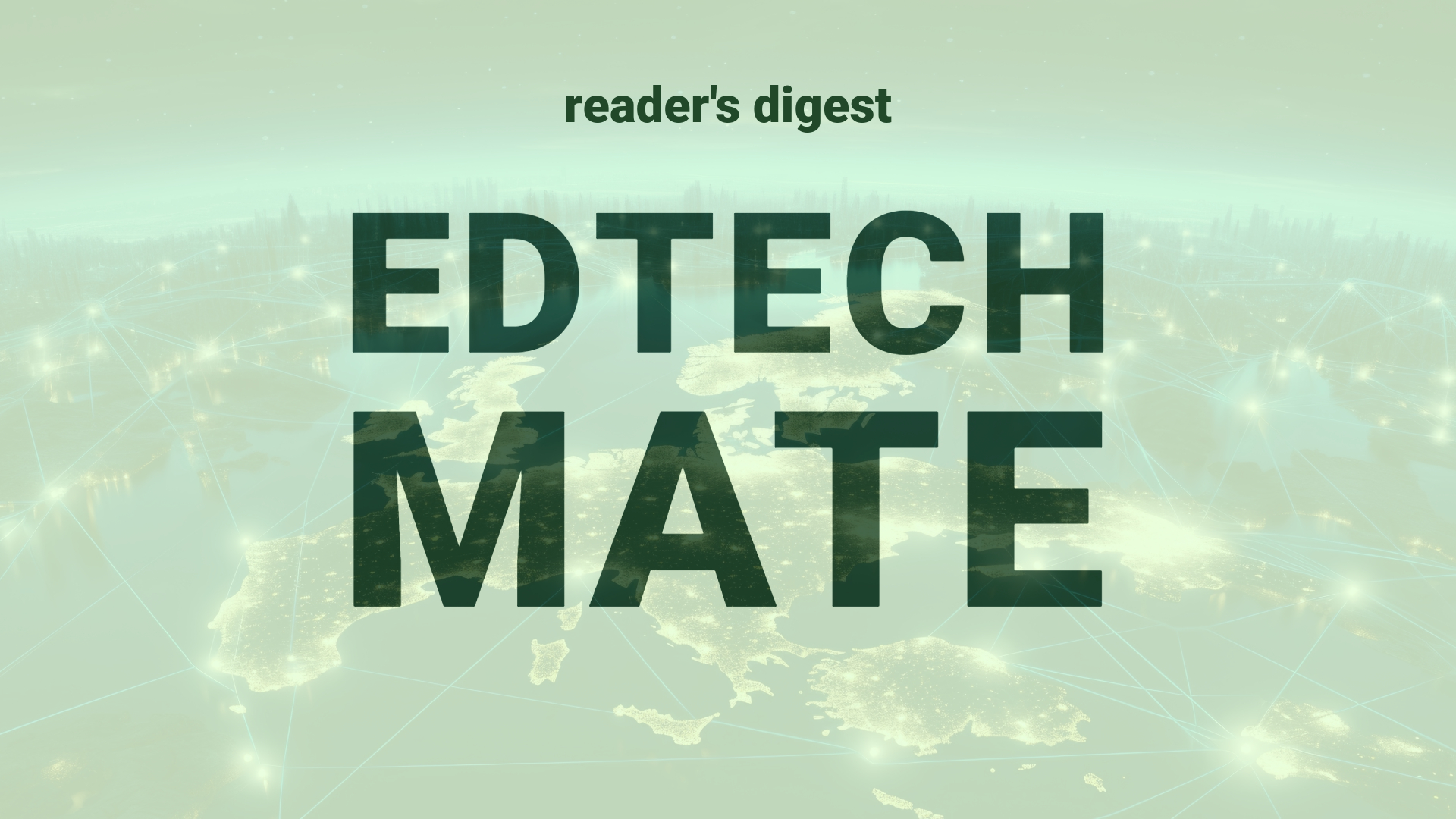Executive Summary and Main Points
The McKinsey Global Institute (MGI) indicates Europe must take prompt, large-scale action to stay competitive in the evolving geo-economic landscape. European firms, specifically those with revenues exceeding $1 billion, lag behind their United States counterparts in investment, research and development (R&D) expenditure, growth rate, and return on capital. Market scale is crucial, given the advantage of dominant players in various sectors, particularly in technology where U.S. tech giants vastly outinvest their European counterparts. European industrial policy and a proposed “28th regime” offering simplified business rules could foster environments conducive to scaling and innovation for high-growth sectors.
Potential Impact in the Education Sector
The insights from MGI’s report may have significant repercussions for the Further Education and Higher Education sectors, especially concerning curriculum development in critical technology areas and the fostering of digital competencies. The report’s emphasis on scale and investment underscores the need for educational institutions to prioritize strategic partnerships, international collaborations, and digital transformation. Micro-credentials could also gain momentum, supporting niche technology skills and enabling faster adaptation to market demands, thereby increasing Europe’s competitiveness.
Potential Applicability in the Education Sector
AI integration and digital tools offer enormous potential for streamlining administrative processes, enhancing personalized learning experiences, and bridging knowledge gaps in critical future technologies. European educational institutions could leverage AI to optimize learning outcomes and foster innovation, potentially establishing themselves as epicenters for next-generation technology development. This would involve aligning with industry needs, fostering cross-border educational initiatives, and potentially adopting AI-based solutions in European-funded research and innovation procurement.
Criticism and Potential Shortfalls
A critical perspective raises concerns over the potential erosion of cultural diversity through cross-border consolidation and the creation of homogeneous educational standards that may not be suitable for all regions. Emphasizing competitiveness could sideline the importance of non-commercial values within education, such as social inclusion and civic responsibility. Real-world examples include varying degrees of AI integration within global education systems, which may not fully consider the ethical implications or differing cultural attitudes towards technology and data privacy.
Actionable Recommendations
To facilitate the incorporation of these technologies, international education leadership should explore the adoption of a “28th regime” to simplify cross-border educational collaborations. Emphasizing investment in AI and digital literacy should also form part of institutional strategies. Moreover, educational leaders could establish innovation hubs to advance research in key areas such as GenAI, quantum computing, and biotech. Strengthening partnerships between academia and industry, and advocating for Europe-focused procurement policies that benefit educational technology innovation, would further support competitiveness and educational excellence.
Source article: https://www.mckinsey.com/mgi/overview/in-the-news/scale-matters-more-than-ever-for-european-competitiveness

